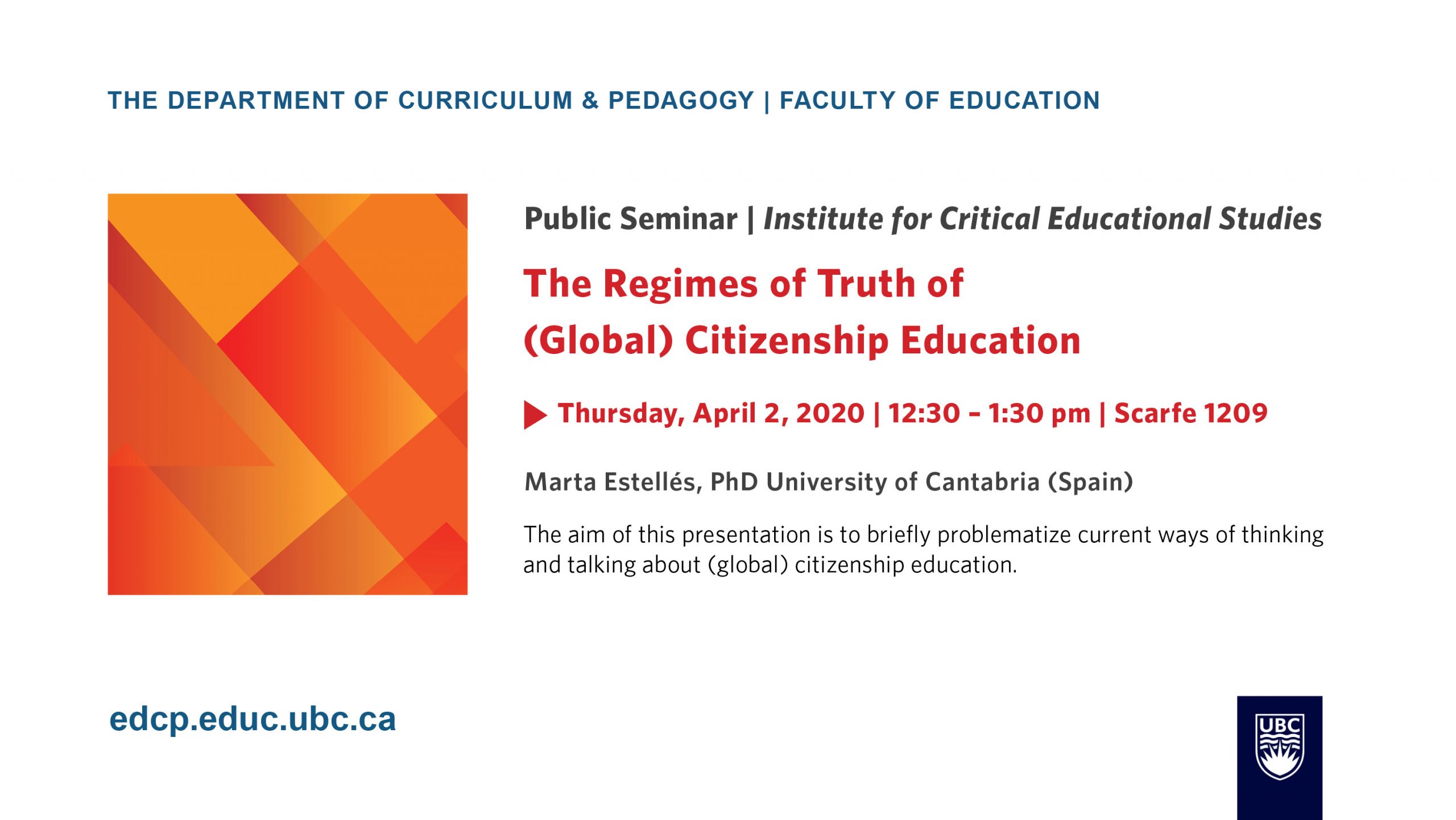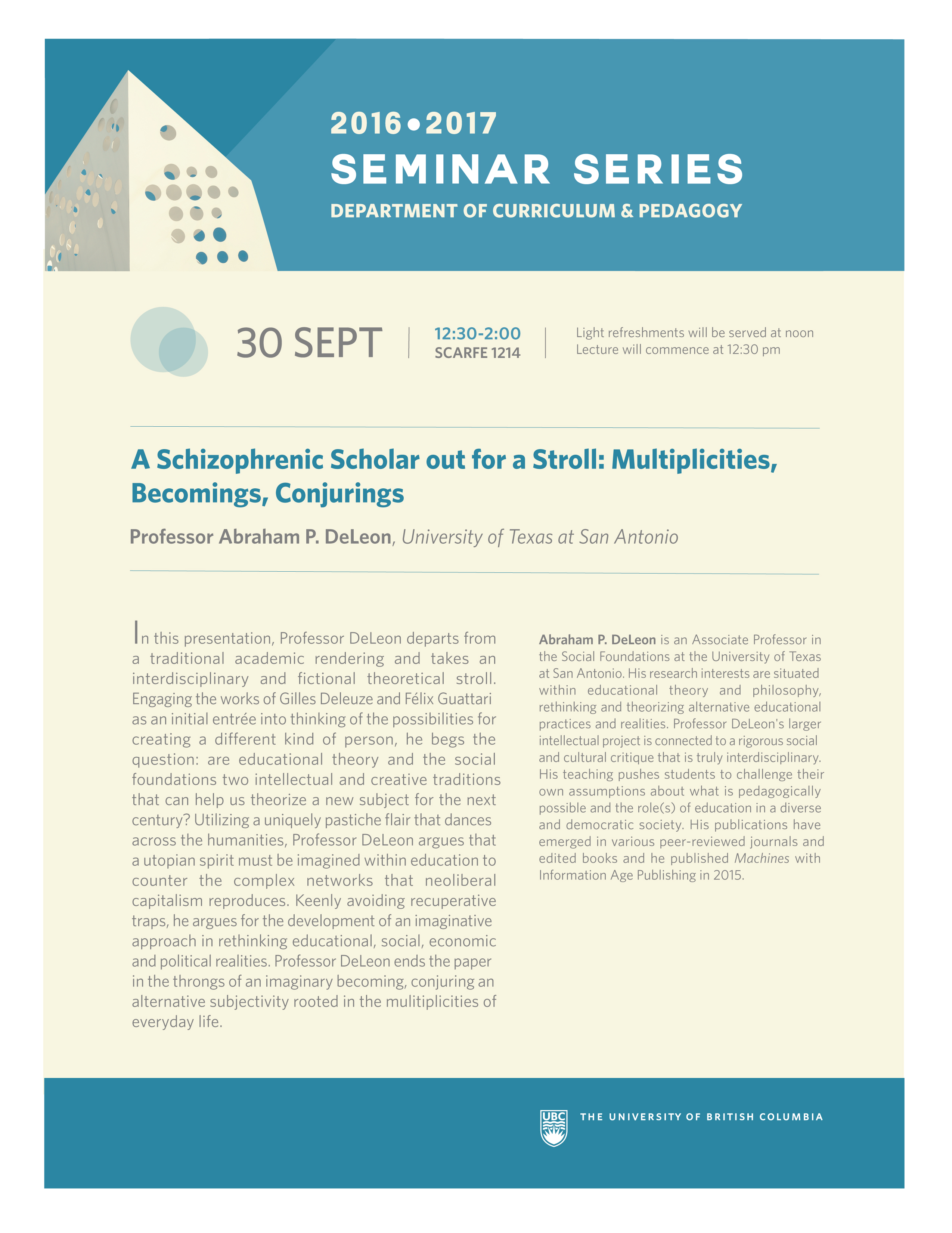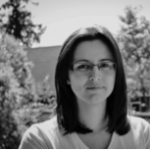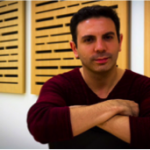Class size and composition is arguably the single most important public policy issue in the current dispute between BC teachers and government.
The educational and economic implications of class size and composition policies are huge, but in the context of collective bargaining and related court cases public discussion of the costs and benefits of class size reduction has been cut short.
Class size is one of the most rigorously studied issues in education. Educational researchers and economists have produced a vast amount of research and policy studies examining the effects of class size reduction (CSR).
What is the research evidence on CSR?
Since the late 1970s, the empirical evidence shows that students in early grades perform better in small classes and these effects are magnified for low-income and disadvantaged students. Most studies have focused on primary grades, but the relatively small number of studies of later grades also shows positive results of CSR.
Randomized experiments are the “gold standard” in social science research. One such study, known as Project STAR, involved 11,500 students and 1,300 teachers in 79 Tennessee schools produced unequivocal results that CSR significantly increased student achievement in math and reading.
A CSR experiment in Wisconsin illustrated student gains in math, reading, and language arts. In Israel, which has high, but strict maximum class size rules, a rigorous study of CSR produced results nearly identical to Project STAR. Studies in Sweden, Denmark, and Bolivia find similar results.
Do all studies of CSR produce unequivocal positive results? No, but the vast majority of research, including the most rigorous studies, leave no doubt about the positive effects of CSR.
The research evidence on CSR led to class-size caps in California, Texas, Florida, and British Columbia, before the BC government stripped them from the teachers’ contract in 2002.
Why are smaller classes better?
Observational research in reduced size classes finds that students are more highly engaged with what they are learning. That is, students have higher participation rates, spend more time on task, and demonstrate more initiative.
In turn, teachers in smaller classes spend more time on instruction and less time managing misbehavior. They also have more time to reteach lessons when necessary and to adapt their teaching to the individual needs of the students.
One, perhaps counter-intuitive, finding from the research is experienced teachers are better able to capitalize on the advantages of smaller classes than more novice teachers.
How small is small enough?
Project STAR reduced class size from an average of 22 students to 15. Previous research found significant positive effects of CSR at below 20.
Based on these findings some have argued that CSR is not effective unless these levels are attainable. But, the broad pattern of evidence indicates a positive impact of CSR across a range of class sizes.
What about the costs?
There are demonstrable costs involved in reducing class size. As with all public policy questions both benefits and costs must be considered. The potential future costs of not creating smaller classes in public schools also must be taken into account.
Reduced class size boosts not only educational achievement, but has a positive impact on variety of life outcomes after students leave school.
Results from a number of studies show that students assigned to small classes have more positive educational outcomes than their peers in regular-sized classes including rates of high school graduation, post-secondary enrolment and completion, and quality of post-secondary institution attended.
Additionally, students from small classes have lower rates of juvenile criminal behavior and teen pregnancy; and better savings behavior and higher rates of homeownership than peers from regular-size classes.
What are the policy implications of CSR research?
Class size in an important determinant of a broad range of educational and life outcomes, which means policy decisions in this area will have a significant impact on future quality of life in the province.
The money saved today by not reducing class size will be offset by more substantial social and educational costs in the future, making class size reduction the most cost-effective policy.
Sample of CSR Research Articles:
Angrist, J.D., & Lavy, V. (1999). Using Maimonides’ rule to estimate the effect of class size on scholastic achievement. Quarterly Journal of Economics, 114(2), 533-575.
Browning, M., & Heinesen, E. (2007). Class Size, teacher hours and educational attainment. The Scandinavian Journal of Economics, 109(2), 415-438.
Chetty, R., Friedman, J.N., Hilger, N., Saez, E., Schanzenbach, D.W., & Yagan D. (2011). How does your kindergarten classroom affect your earnings? Evidence from Project STAR. Quarterly Journal of Economics, 126(4), 1593-1660.
Dynarski, S., Hyman, J., & Schanzenbach, D.W. (2013). Experimental evidence on the effect of childhood investments on postsecondary attainment and degree completion. Journal of Policy Analysis and Management, 32(4), 692-717.
Finn, J., Gerber, S., & Boyd-Zaharias, J. (2005). Small classes in the early grades, academic achievement, and graduating from high school. Journal of Educational Psychology, 97(2), 214-223.
Fredriksson, P., Öckert, B., & Oosterbeek, H. (2013). Long-term effects of class size. The Quarterly Journal of Economics, 128(1), 249-285.
Krueger, A.B. (1999). Experimental estimates of education production functions. Quarterly Journal of Economics, 115(2), 497-532.
Krueger, A.B., & Whitmore, D. (2001). The effect of attending a small class in the early grades on college test taking and middle school test results: Evidence from Project STAR. Economic Journal, 111, 1-28.
Krueger, A.B., & Whitmore, D. (2002). Would smaller classes help close the black-white achievement gap? In J.Chubb & T. Loveless (Eds.), Bridging the Achievement Gap (pp. 11-46). Washington, DC: Brookings Institution Press.
Molnar, A., Smith, P., Zahorik, J., Palmer, A., Halbach, A., & Ehrle, K. (1999). Evaluating the SAGE program: A pilot program in targeted pupil-teacher reduction in Wisconsin. Educational Evaluation and Policy Analysis, 21(2), 165-77.
Word, E., Johnston, J., Bain, H.P., et al. (1990). Student/Teacher Achievement Ratio (STAR): Tennessee’s K-3 class size study. Final summary report 1985-1990. Nashville: Tennessee State Department of Education.
Urquiola, M. (2006). Identifying class size effects in developing countries: Evidence from rural Bolivia. Review of Economics and Statistics, 88(1), 171-177.
 ducation is a looking to expand its pool of manuscript reviewers.
ducation is a looking to expand its pool of manuscript reviewers.
 Follow
Follow











Equity, Governance, Economics and Critical University Studies #criticaled #edstudies #ubc #ubced #bced #yteubc
Workplace: A Journal for Academic Labor
Equity, Governance, Economics and Critical University Studies
No 23 (2014)
As we state in our Commentary, “This Issue marks a couple of milestones and crossroads for Workplace. We are celebrating fifteen years of dynamic, insightful, if not inciting, critical university studies (CUS). Perhaps more than anything, and perhaps closer to the ground than any CUS publication of this era, Workplace documents changes, crossroads, and the hard won struggles to maintain academic dignity, freedom, justice, and integrity in this volatile occupation we call higher education.” Workplace and Critical Education are published by the Institute for Critical Education Studies (ICES).
Commentary
Articles
Leave a comment
Posted in AAUP, Academic freedom, Adjuncts, Administration, BC Education, Commentary, Critical Education, Critical University Studies, Environment, Equity, Ethics, Governance, Government, Organizing, Research, Student Movement, Student Speech, Students, Working condition
Tagged Academic freedom, BC education, Budgets & Funding, Critical Education, Equity, Ethics, Government, Publishing, Students, Working conditions, Workplace Journal